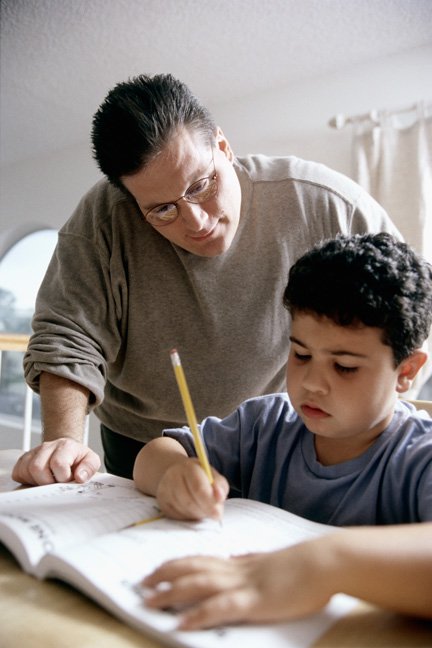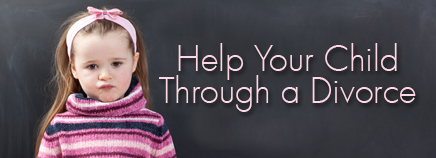It’s no shocker that the breakup of your marriage is tough on your kids. We’ll show you how to lend comfort — not confusion — to an already difficult situation.
Introduction
The scene plays out all too often. Sandy’s 9-year-old daughter eagerly waits by the window, bags packed. But after 20 minutes, maybe an hour, it becomes obvious her father is not showing up — again. She begins to cry. “He’s not here because he doesn’t love me!” she yells, then storms up to her room and slams the door.
“It breaks my heart to see her so hurt,” Sandy says. “I don’t want to bad-mouth her father, but I can’t explain his actions either. I feel helpless, and then I get angry. When I confront him and she hears us fighting, it makes an already bad situation worse. I have no idea what to do.” When an ex is unreliable, it can be frustrating and painful for both you and your children. However, there are subtle ways in which the parent who has custody can disappoint the kids as well — and even contribute to the other parent’s lack of commitment. While you can’t make your child’s hurt go away, you can help him cope with the various disappointments divorce brings. Here are some suggestions to keep in mind.
1. Make it clear your child is loved.
When a parent regularly doesn’t come through, kids assume that they are somehow to blame. If only they were more fun or better behaved, they believe, then surely their parent would want to be with them. As a result, self-esteem can plummet, notes Edward Teyber, Ph.D., a professor of psychology at California State University, San Bernadino, and author of Helping Children Cope With Divorce. You need to continually reassure your child that the other parent’s lack of commitment has nothing to do with her “lovability.” If, say, your daughter’s father failed to show up, you might tell her, “Even adults make big mistakes, and sometimes they hurt the people they love. Canceling at the last minute — even when he knows that the visit means so much to you — is wrong. But it doesn’t mean you’re not loved.”
[Read More On Parents.com]

 After experiencing the uncertainty of a natural disaster, it’s normal for children to be afraid. The fear may last for an extended period of time and is best dealt with by the kindness and understanding of the parents. Children should be encouraged to talk about their feelings and otherwise express their fears through play, drawing, painting, or clay. Research indicates that children’s fears vary according to age, maturation, and previous learning experiences. Four major fears common in children are death, darkness, animals, and abandonment. During a disaster, children could have encountered several of these fears. To help children cope with fears, one of the most important steps adults can take is to talk with children.
After experiencing the uncertainty of a natural disaster, it’s normal for children to be afraid. The fear may last for an extended period of time and is best dealt with by the kindness and understanding of the parents. Children should be encouraged to talk about their feelings and otherwise express their fears through play, drawing, painting, or clay. Research indicates that children’s fears vary according to age, maturation, and previous learning experiences. Four major fears common in children are death, darkness, animals, and abandonment. During a disaster, children could have encountered several of these fears. To help children cope with fears, one of the most important steps adults can take is to talk with children. The new school year is quickly approaching and its time to start preparing. If you and your co-parents both take part in the upbringing of your child than this can be a challenging task. Preparing your child for a new school year requires a lot of coordination and cooperation between you and your co-parent. This is an important time for your child to feel support from both you and your co-parent and to know that you both care. Here are some tips to remember to make going back to school as smooth as possible for you and your child.
The new school year is quickly approaching and its time to start preparing. If you and your co-parents both take part in the upbringing of your child than this can be a challenging task. Preparing your child for a new school year requires a lot of coordination and cooperation between you and your co-parent. This is an important time for your child to feel support from both you and your co-parent and to know that you both care. Here are some tips to remember to make going back to school as smooth as possible for you and your child.


